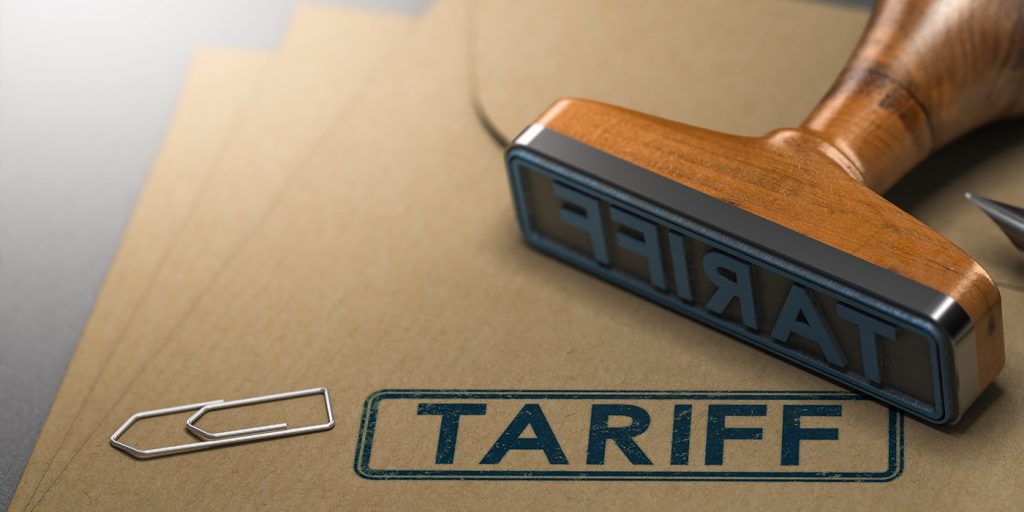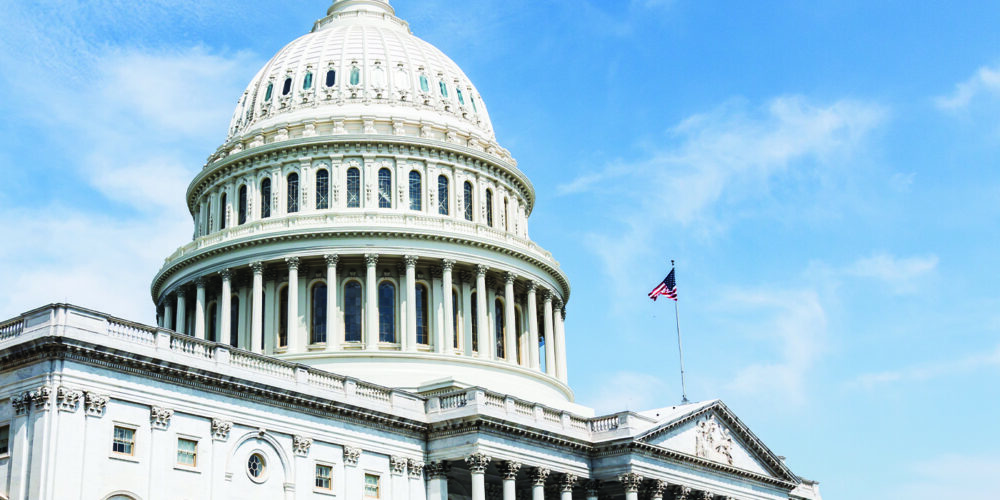During President Trump’s tenure, the U.S. instituted the Section 301 tariffs, imposing a 25% charge on the vast majority of goods imported from China. Consequently, U.S. businesses importing products or components from China faced a financial burden, paying an additional 25% atop the product’s value.
Initially, importers had a chance to request an exclusion from these tariffs if they could prove certain products were hard to source within the U.S. However, this exclusion option has since expired. Presently, the federal government is reviewing these tariffs, and we’re anticipating an official report from the U.S. Trade Representative.
There’s buzz “inside the beltway” suggesting that these tariffs are likely here to stay, possibly with even steeper charges on specific items. There’s uncertainty on whether there’ll be a new system to allow for tariff exemptions. There has also been information shared about a workaround some manufacturers in China are using, routing their products to an intermediary country, making nominal modifications, and then forwarding them to the U.S. The objective of this tactic is clear: to mitigate the tariff costs.
If a product undergoes significant changes in that third country, turning it into a genuinely new item, it can legally sidestep the tariffs. This process is called “substantial transformation.” But making nominal tweaks, like repackaging, doesn’t qualify and, attempting to bypass tariffs in such a manner is against U.S. trade laws.
This tactic has caught the attention of many. In fact, concerns about this kind of tariff evasion have been raised, with a specific motor vehicle part even being flagged by members of the House of Representatives.
The Section 301 tariffs present a complex landscape for businesses. While they serve a specific purpose, the efforts to navigate or bypass them showcase the ever-evolving dynamics of international trade. It remains imperative for businesses to stay informed and act within the bounds of legality.
For businesses, the advice seems to be clear: If you’re unsure about how your operations might be affected or have concerns about another company’s actions, it’s best to seek guidance, with your trade associations being one avenue for assistance.
This article was written by Ann Wilson, Senior Vice President, MEMA, The Vehicle Suppliers Association.
AAPEX 2024











